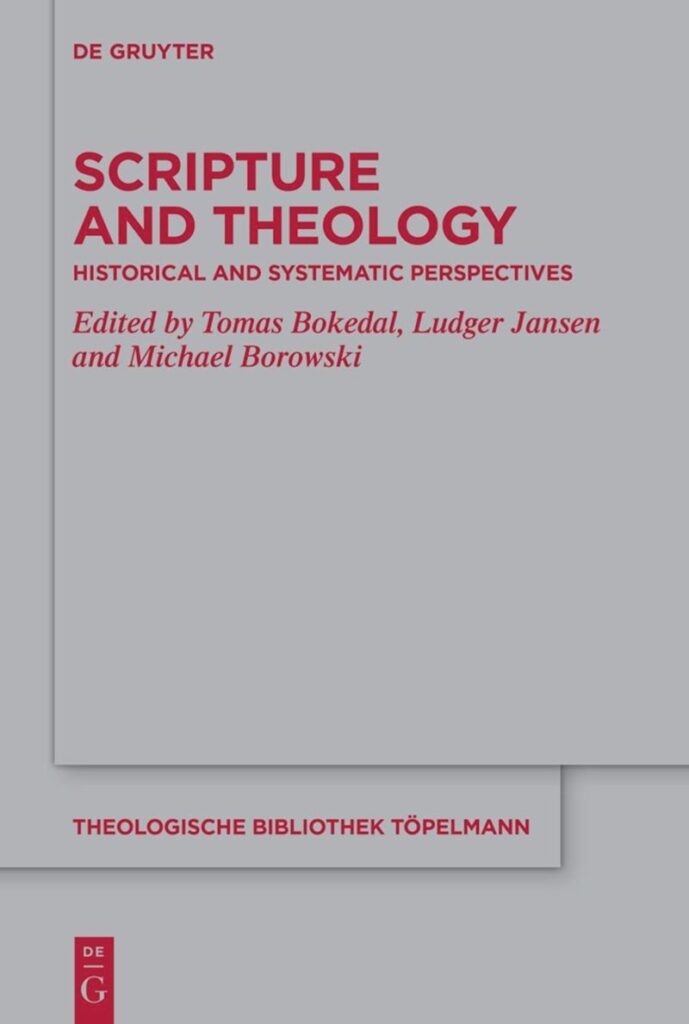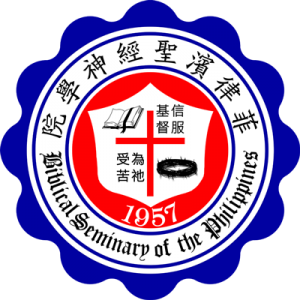Scripture and Theology
Historical and Systematic Perspectives
Edited by: Tomas Bokedal , Ludger Jansen and Michael Borowski
Published by: De Gruyter 2023

Overview of Scripture and Theology:
The academic disciplines of Biblical Studies and Systematic Theology were long closely linked to one another. However, in the modern period they became gradually separated which led to increasing subject specialization, but also to a lamentable lacuna within the various branches of Divinity. As the lack of dialogue between Biblical Studies and the various theological disciplines increased, a minority-group of scholars in the past few decades reacted and sought to re-establish the time-honoured bonds between the disciplines. The present volume is part of this intellectual response, with contributions from scholars of various professional and denominational backgrounds. Together, the book’s 25 chapters seek to reinvigorate the crucial cross-disciplinary dialogue, involving biblical, narrative, historical, systematic-theological and philosophic-theological perspectives. The book opens the horizon to contemporary research, and fills a lamentable research gap with a number of fresh contributions from scholars in the respective sub-disciplines.
Link to the whole volume: https://doi.org/10.1515/9783110768411
Power Dynamics in the Preached Word: A Fourth Century Case Study
By Beatrice Victoria Ang
Link to the article: https://doi.org/10.1515/9783110768411-007
Abstract
Preaching is an important Christian practice where we see the Bible being used. This chapter explores the mechanics behind the proclamation of scripture by drawing on the thought and practice of the celebrated preacher and Church Father, John Chrysostom (ca. AD 349-406). The aim is to provide a Chrysostomian perspective into what it means to “preach with power.” Because preaching is always situational, a theological-historical methodology is employed. For this purpose, two sermons that Chrysostom delivered as bishop of Constantinople are analysed in the light of (1) insights from modern studies on his Christian appropriation of Hellenistic psychagogy; and (2) the controversy between pro-Nicenes and Arians regarding the implications of power in the essential relationship between the Father and the Son. The analysis shows that Chrysostom’s multifaceted discourse on power is situated in his social, political, and religious context. For Chrysostom, the divine authority and ability of the Son must be affirmed if preaching is to have a positive effect on human wellbeing. His reasons have been shaped by practical and political considerations, as well as scripture-based theo-anthropological assumptions.
© 2023 Walter de Gruyter GmbH, Berlin/Boston
